
The theater is one of my favorite settings for a mystery because it feels so fitting. Murder mysteries are, by their nature, artificial with the clues carefully staged for the audience’s benefit. Mysteries set in the theater often acknowledge and own that artificiality, turning it into a virtue, by showing us how, with a little careful arrangement, a murderer is able to hide in the wings.
Just a reminder before I offer my suggestions, especially as it’s been a while since I last did one of these – I am not saying that the below are not the five best theatrical mysteries. I cannot claim to have read widely enough for that. I do think though that all five of my selections are interesting. They have stayed with me – in some cases for years after reading them – and I think they are all worth tracking down.
Come to Paddington Fair by Derek Smith
Of course, the most common way that a theater can feature in a mystery is as a choice of setting for the story.
Many classic Golden Age series feature at least one installment in which a murder takes place on stage during a performance. Often the detective sits in the audience, unaware that the killer waits to strike. My first pick was actually written in the later part of the twentieth century, though it channels some of the spirit of the Golden Age, and was published a few years ago by Locked Room International.
In Come to Paddington Fair, Derek Smith has his sleuth – Chief Inspector Castle – receive an anonymous invitation to attend a play. During the performance in a scene in which one character should shoot another, a member of the audience stands up and appears to fire a gun at the female lead before trying to make their escape.
The case is an interesting one, in part because it only becomes clear how this is an impossible crime near the end. It even boasts a Challenge to the Reader! But the thing that stands out to me most about the book is the way it channels the geography of a stage and makes it important to the plot.
If you like this, you may also enjoy James Scott Byrnside’s The Opening Night Murders which also presents an impossible crime in a theatrical setting.
Who Killed Dick Whittington? by E. & M. A. Radford
This is another novel that utilizes the theater primarily as a space for murder but it does so in a slightly different way.
In this story an actor is murdered during a performance. The audience observes the murder take place and identify the actor portraying the cat as the murderer. The problem is that both the person meant to be playing that role and their understudy have pretty solid alibis raising the question of just who was wearing their costume.
I really enjoyed this story which presents a very carefully clued and logical case. Both the authors, who were a husband and wife writing team, had experience in the theater and they draw on that to produce a representation of a theatrical company that feels credible and detailed.
For another on stage murder, check out Ngaio Marsh’s Enter a Murderer which I reviewed earlier this week.
The Fourth Wall by Barbara Paul
Acting is often perceived to be a profession that brings together people with strong egos, all competing for top billing. The politics of the theater troupe can be fascinating, even if the deaths don’t take place on stage.
In Barbara Paul’s The Fourth Wall a series of gruesome murders take place behind the scenes of a theatrical production. One of the most successful aspects of this book is its rendering of an entire theatrical company. Paul explores the nomadic lifestyle of the actor and the different approaches that some have to the craft.
Throughout the book there are lots of references made to a famously lurid Jacobean drama, Middleton’s The Revengers Tragedy, helping to establish the idea that this is a case of some old scores being settled. While a few aspects of the book date it, I think it really captures the sense of a theatrical company very well.
Murder in the Title by Simon Brett
Of course, actors are not always the victim. Unlikely as it may seem, some can use their professional skills to solve crimes.
Simon Brett’s series sleuth, actor Charles Paris, is such a creation. He makes his first appearance in 1975’s Cast in Order of Disappearance and has since featured in nineteen further adventures which are usually quite lighthearted in tone. Typical plots feature digs at trends in the acting profession, rendering some of the stories decidedly of their time.
Murder in the Title sees Charles enter the world of provincial reportory theater, performing in a historic theater on the verge of closure. The production, a terrible mystery play in which he plays the corpse, is hit with a number of strange accidents that keep occurring on stage. This culminates in what appears to be a suicide but Charles suspects that it may be murder…
The case is one of the better efforts in the series and, for the most part, holds up well in spite of it being almost forty years since it was first published. The novel does a particularly strong job of portraying the fragile relationship between Charles and his estranged wife, Frances, and exploring the challenges that continue to face smaller, provincial theaters.
Those in search of another sleuth with links to the theater may enjoy Vincent Starrett’s The Great Hotel Murder which is solved by a theatrical critic.

I have not reviewed this title on the blog.
Close-Up on Death by Maureen O’Brien
While an actor may be famous, how well do we really know them? The death of young television star Liza Drew creates a media sensation in Maureen O’Brien’s Close-Up On Death and brings her best friend Millie, a talented but little-known theater actor, into the spotlight.
O’Brien develops a compelling mystery plot but what makes this book so memorable for me is its discussion of the profession and the relationship between talent and fame. She uses the mystery structure as a way to explore these ideas and presumably draws on some of her own experiences from her rich and varied career on stage and screen.
Those themes do not sit apart from the mystery plot – in fact they prove just as important to solving the mystery as the clues and the character development.
So, there you have my suggestion for Five Theatrical Mysteries to Try. What are some of your favorite mysteries that are set in or around the theater?


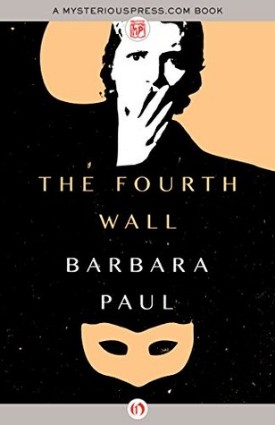

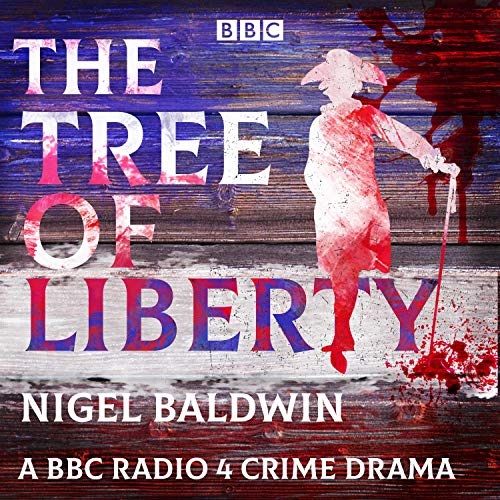
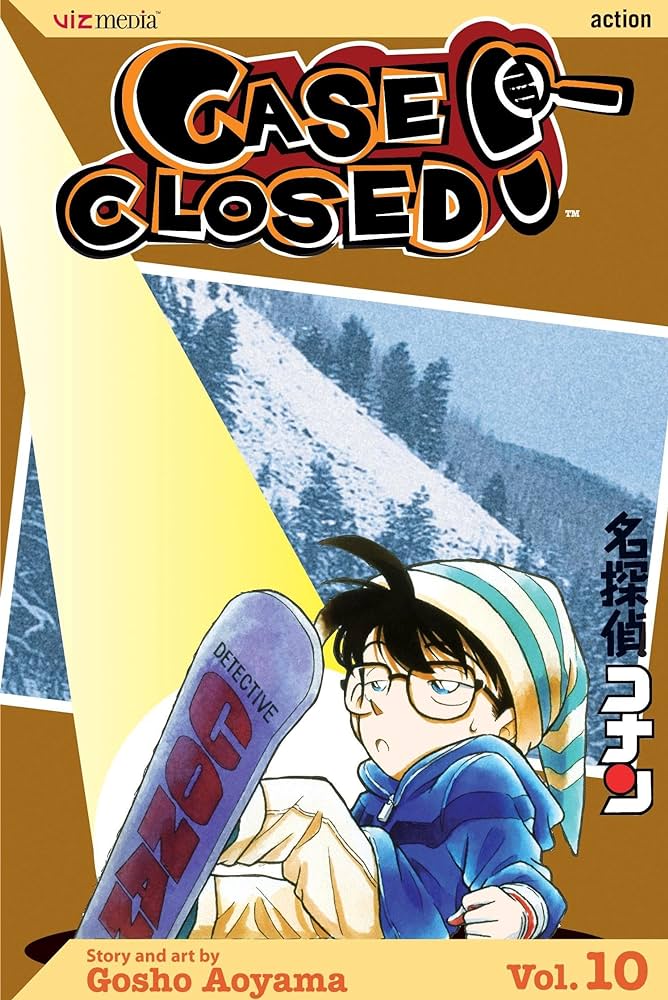
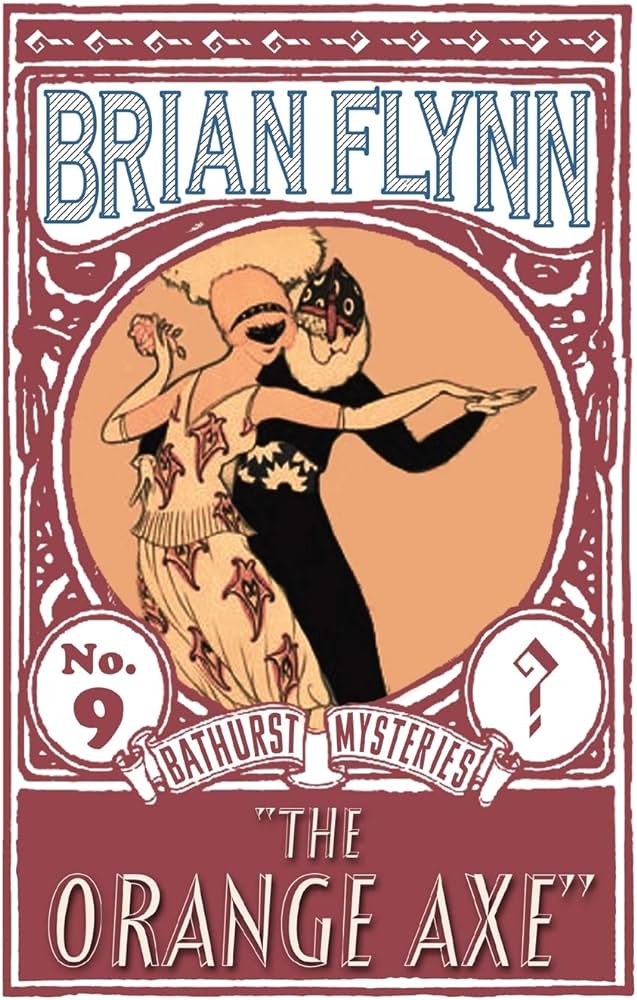
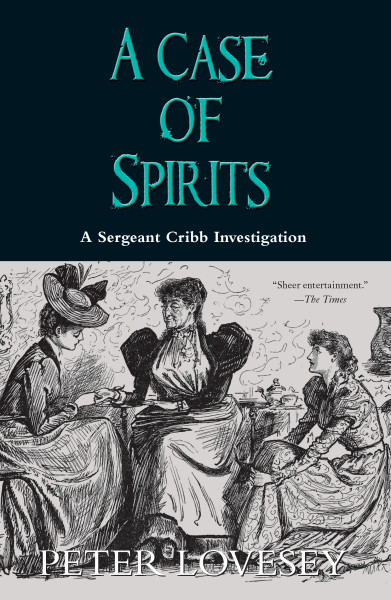
Leave a comment